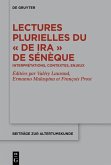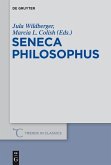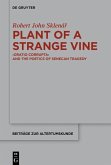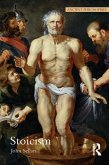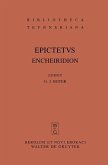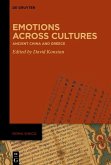Moreover, the way in which each of these close readings is conducted adds an additional value: they each deal with a section of the text, presenting all the data necessary for its understanding. All together, they cover the whole work. Each of them is also an attempt at a global interpretation of the treatise, examined through the particular framing of the textual passage around which the 'Lectures plurielles' are conceived.
Around this 'polyphonic' analysis of the text, we have built a structure that aims to offer the reader a complete reference work on all the issues of the De ira. Sources, manuscript tradition, images, political and philosophical concepts, posterity - in short, all the aspects that a traditional commentary of the text would not have allowed us to distinguish so clearly - find their place here.
This book is therefore aimed at specialists as well as students or anyone interested in the thought of emotions in antiquity.
V. Laurand, Université Bordeaux, France; E. Malaspina, Università di Torino, Italie; F. Prost, Université Paris Sorbonne, France.
Dieser Download kann aus rechtlichen Gründen nur mit Rechnungsadresse in A, B, BG, CY, CZ, D, DK, EW, E, FIN, F, GR, HR, H, IRL, I, LT, L, LR, M, NL, PL, P, R, S, SLO, SK ausgeliefert werden.



